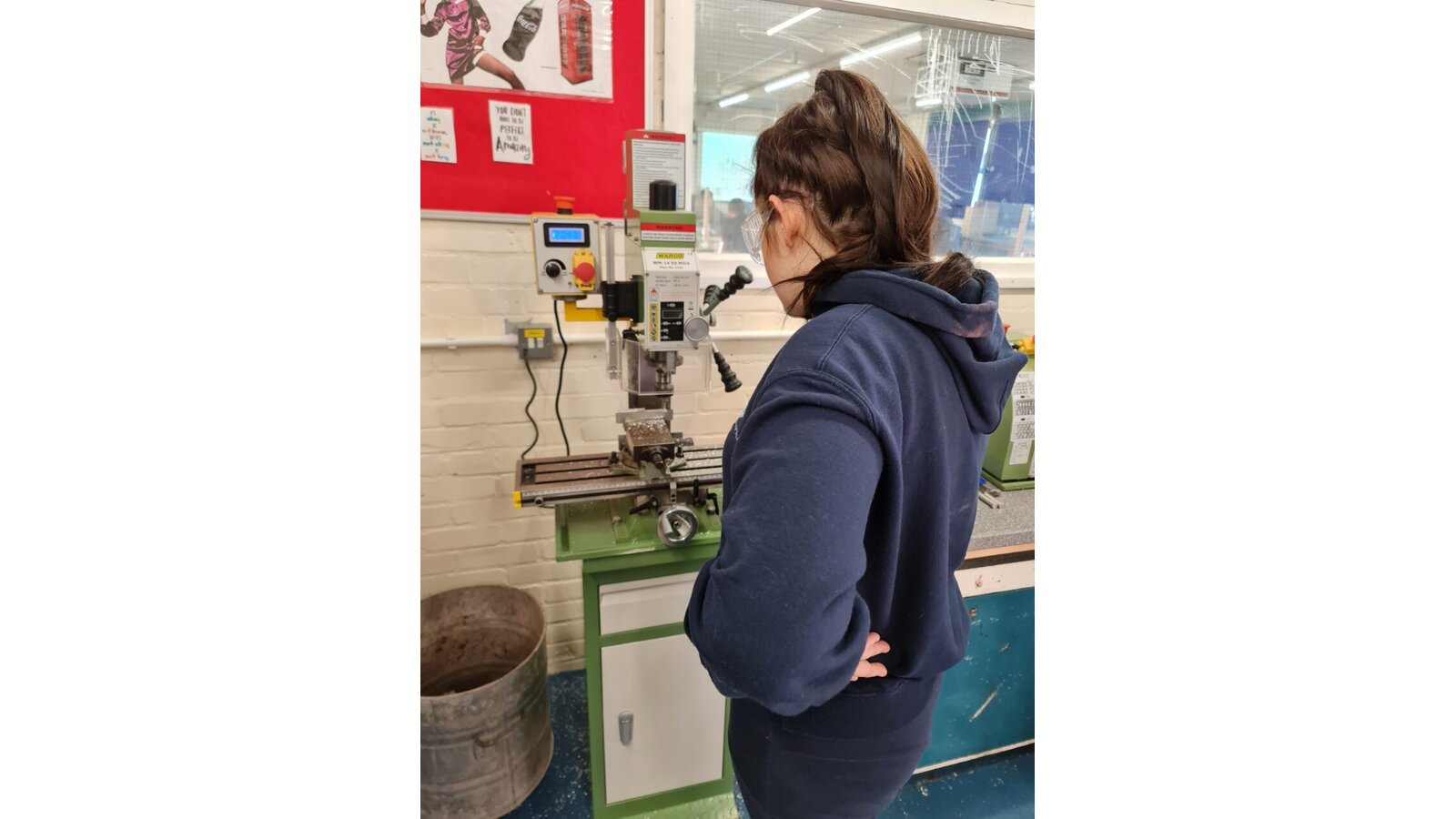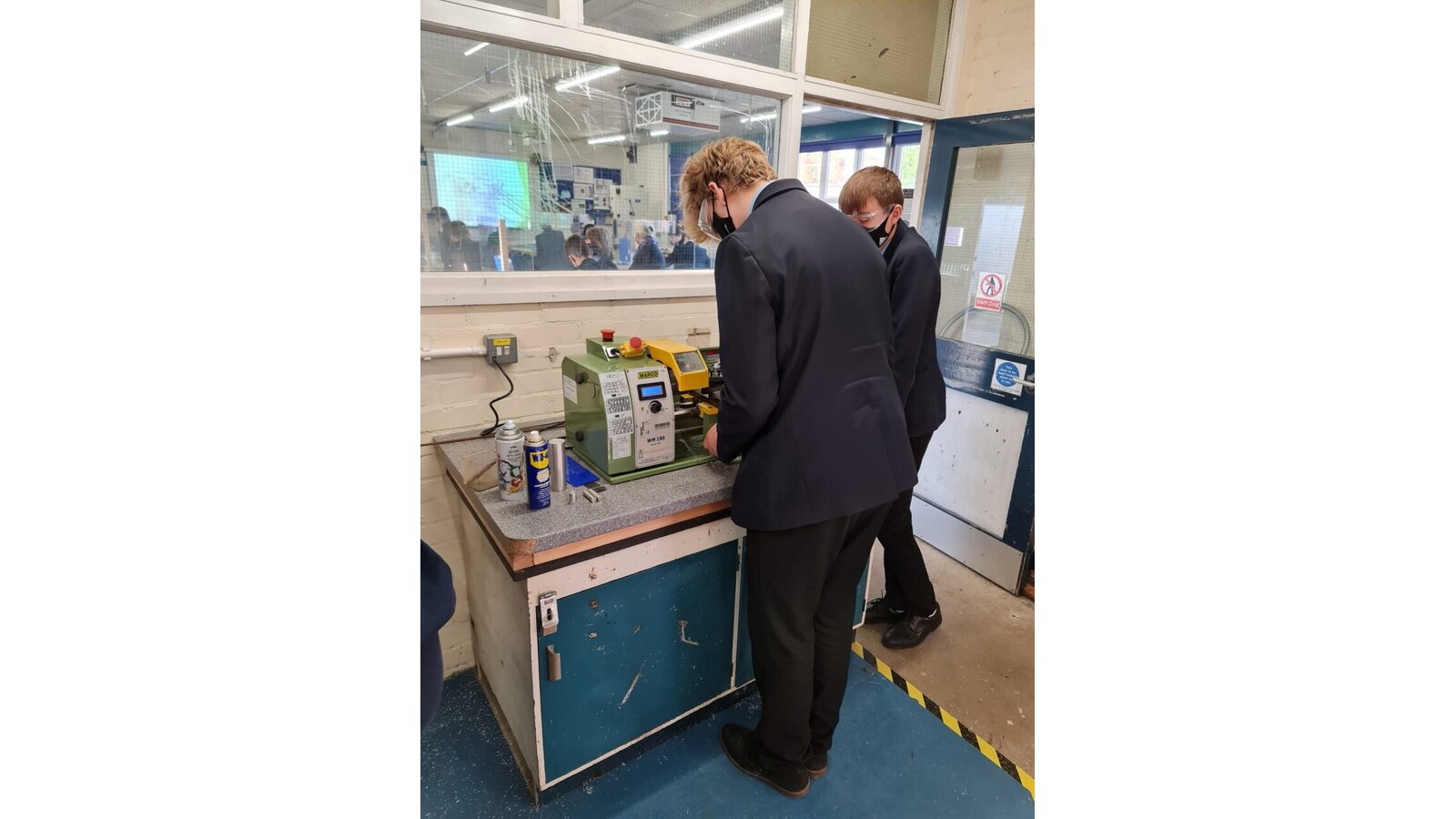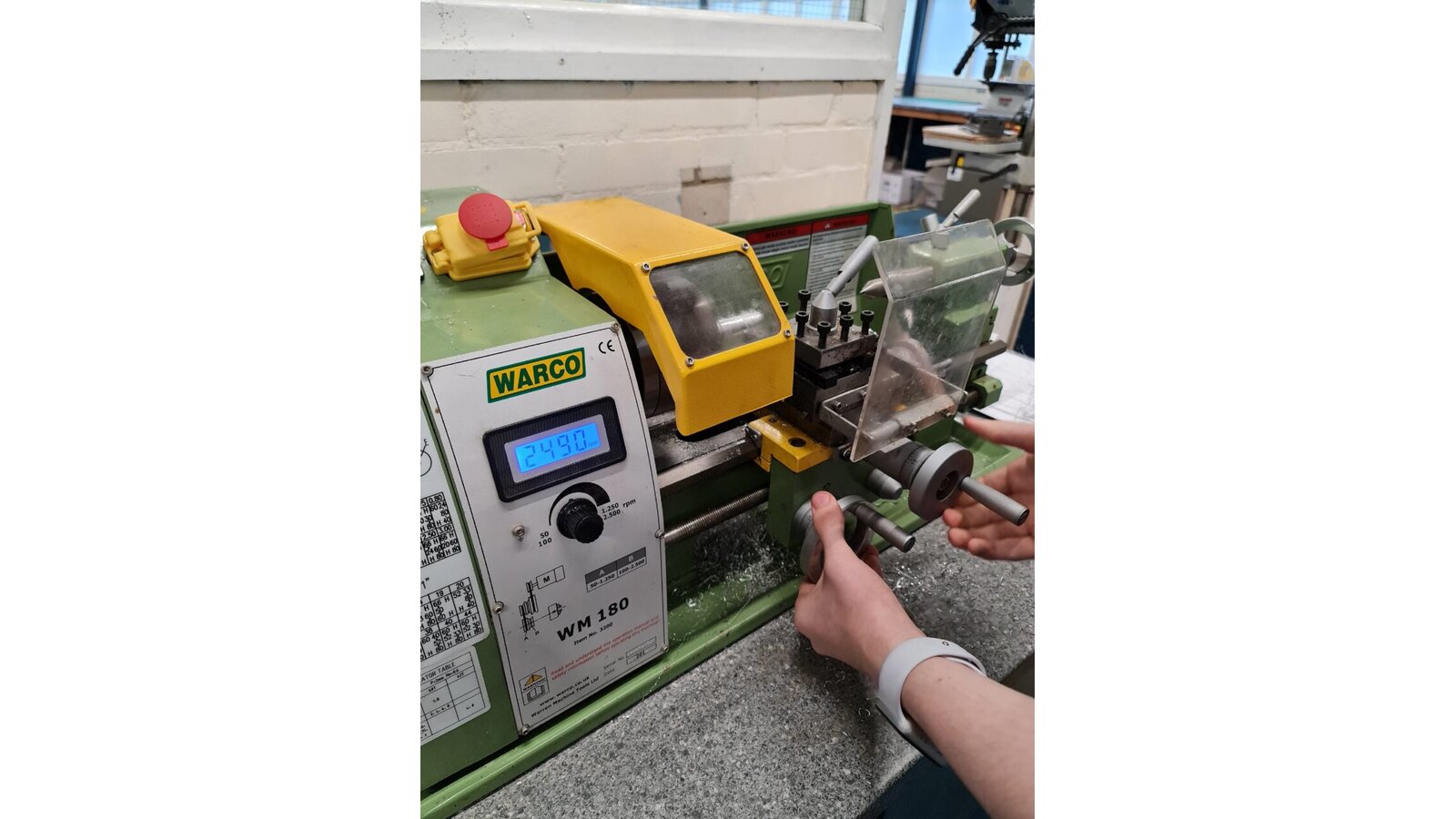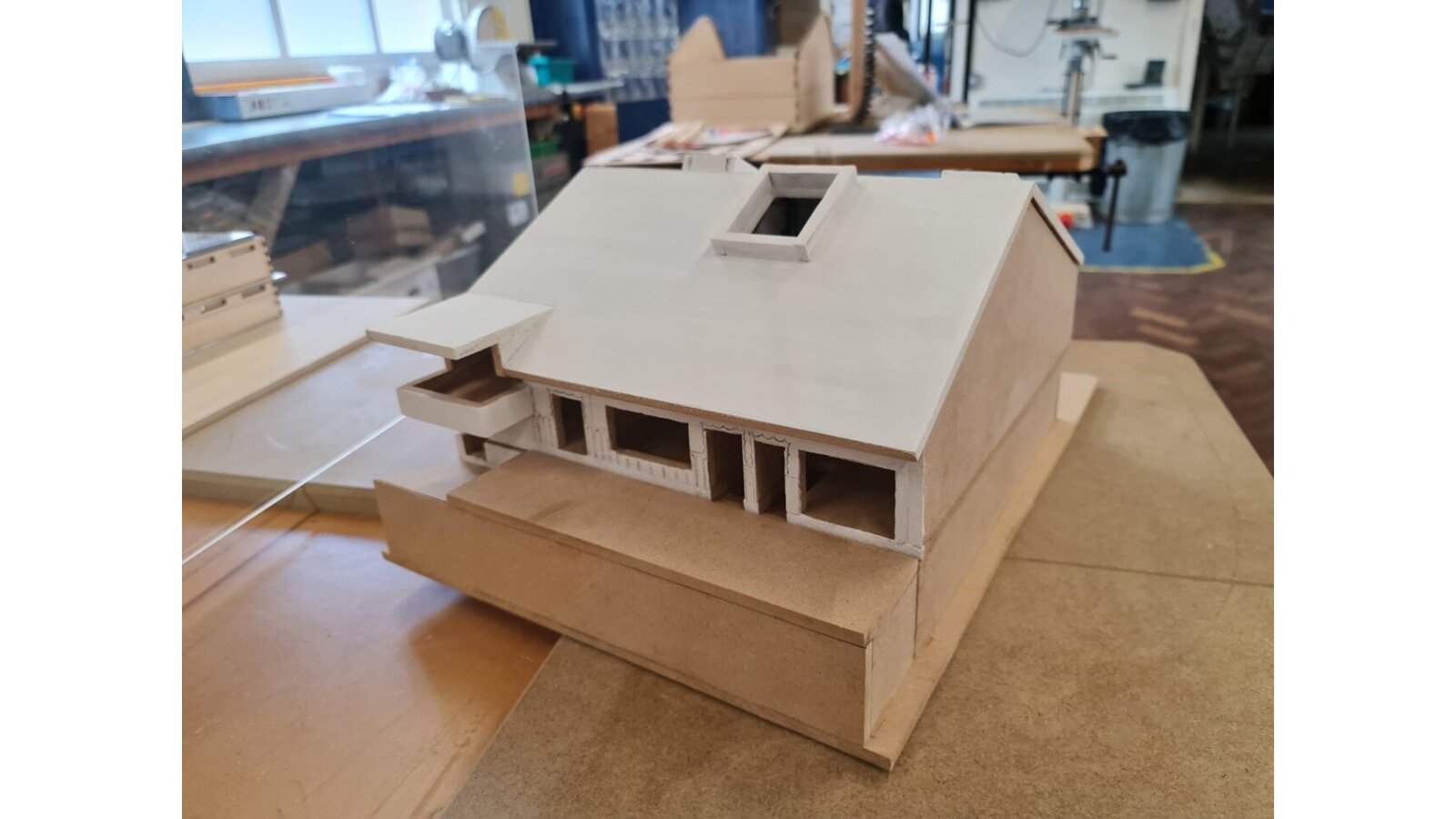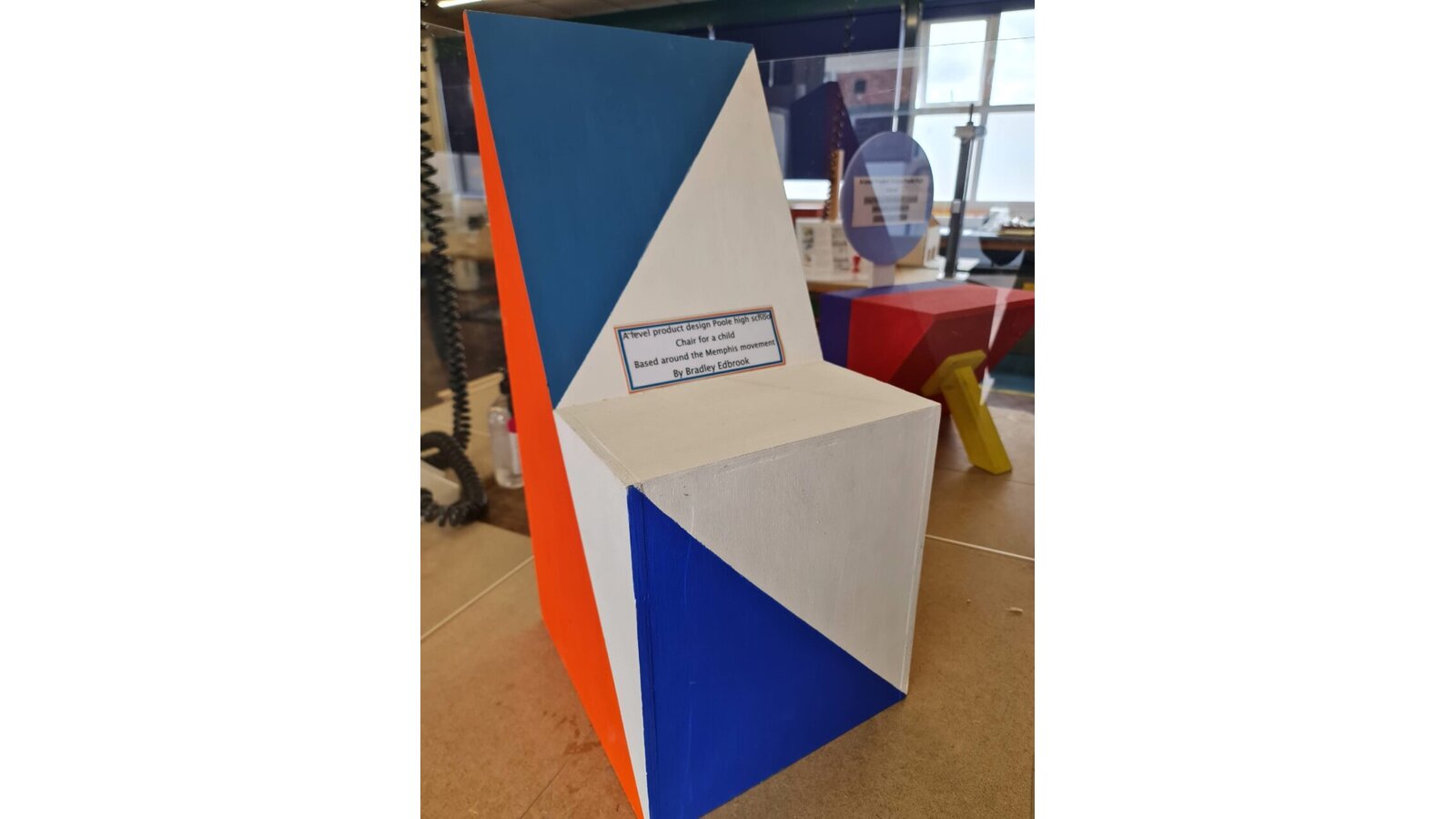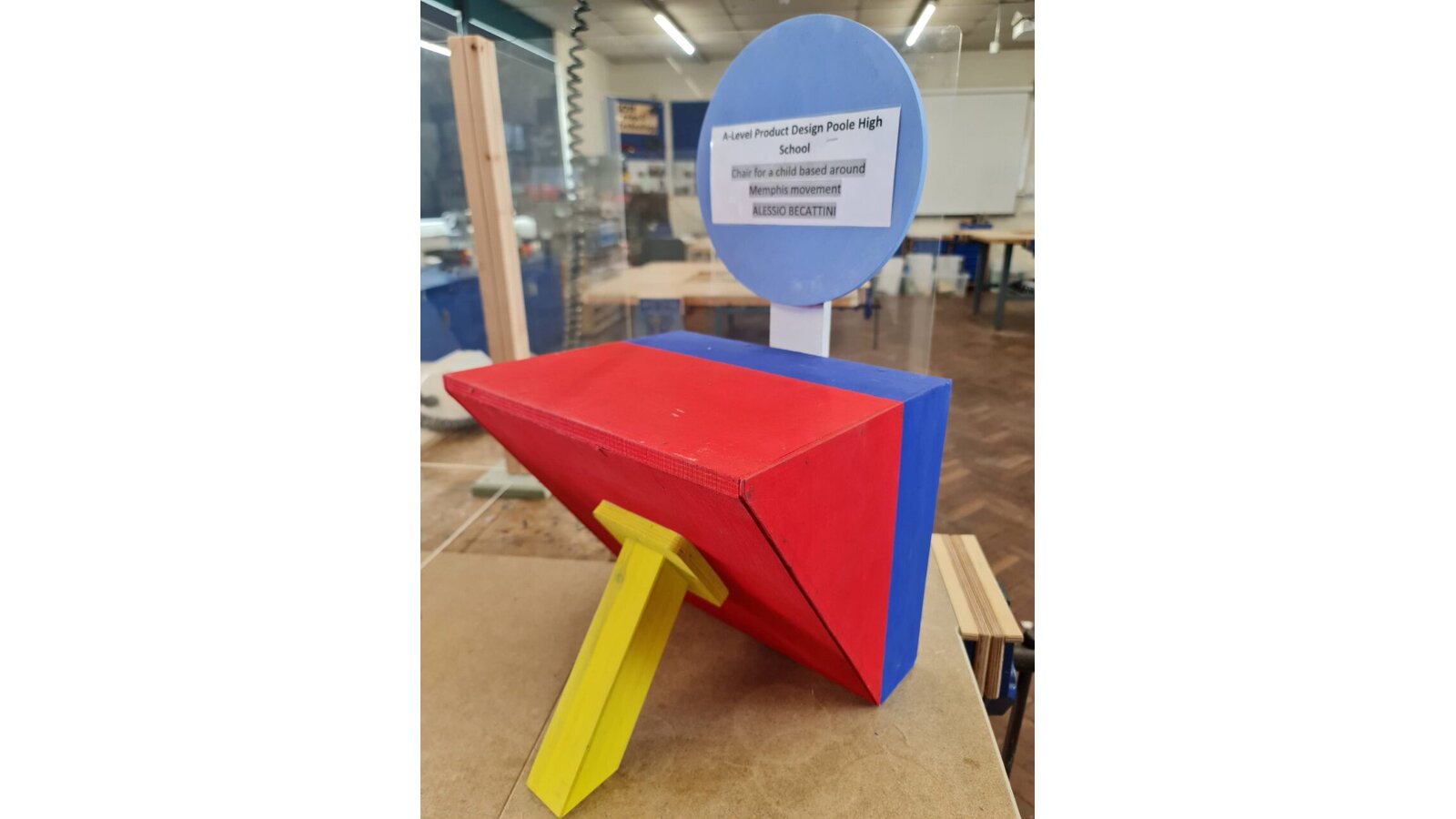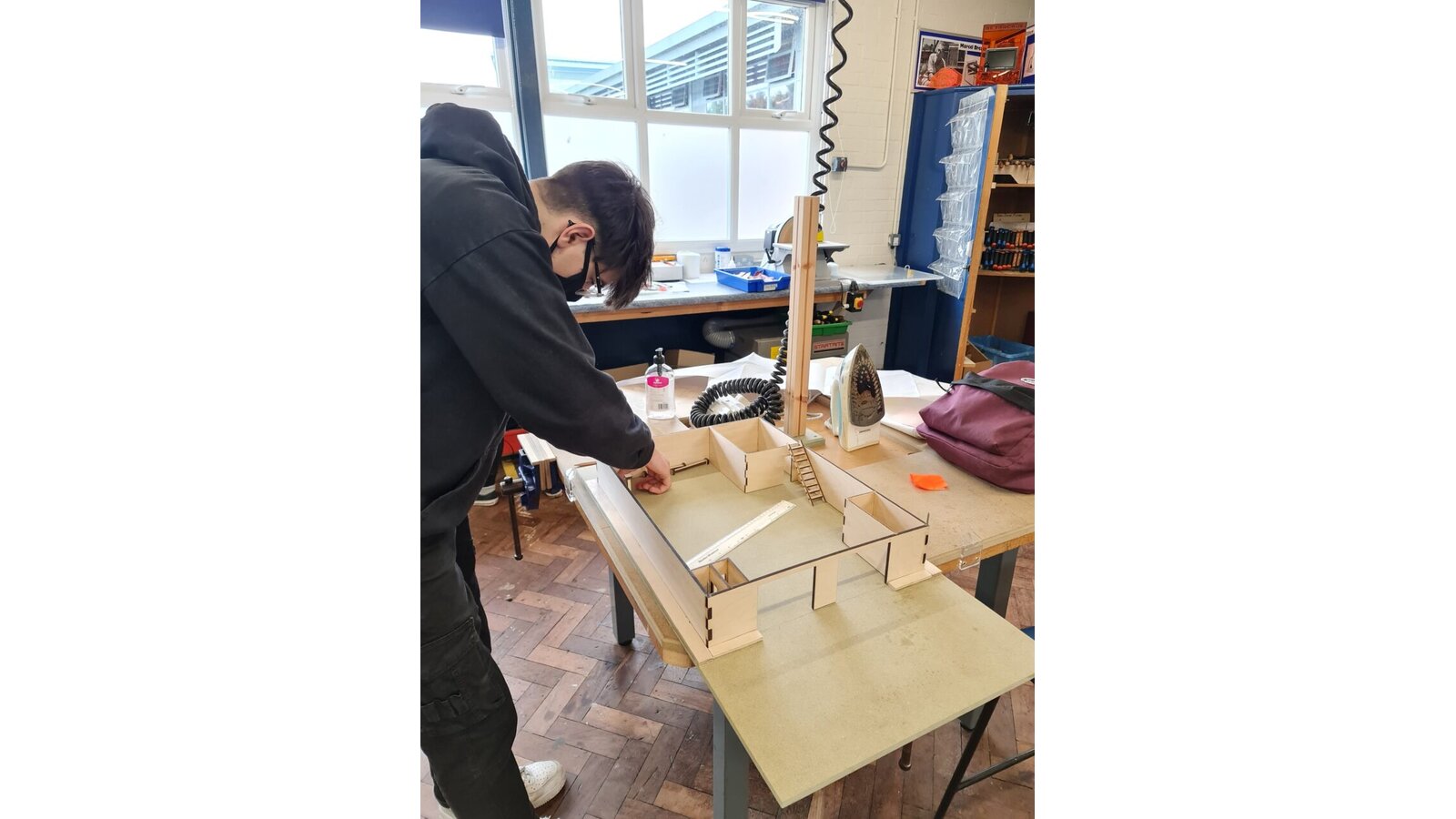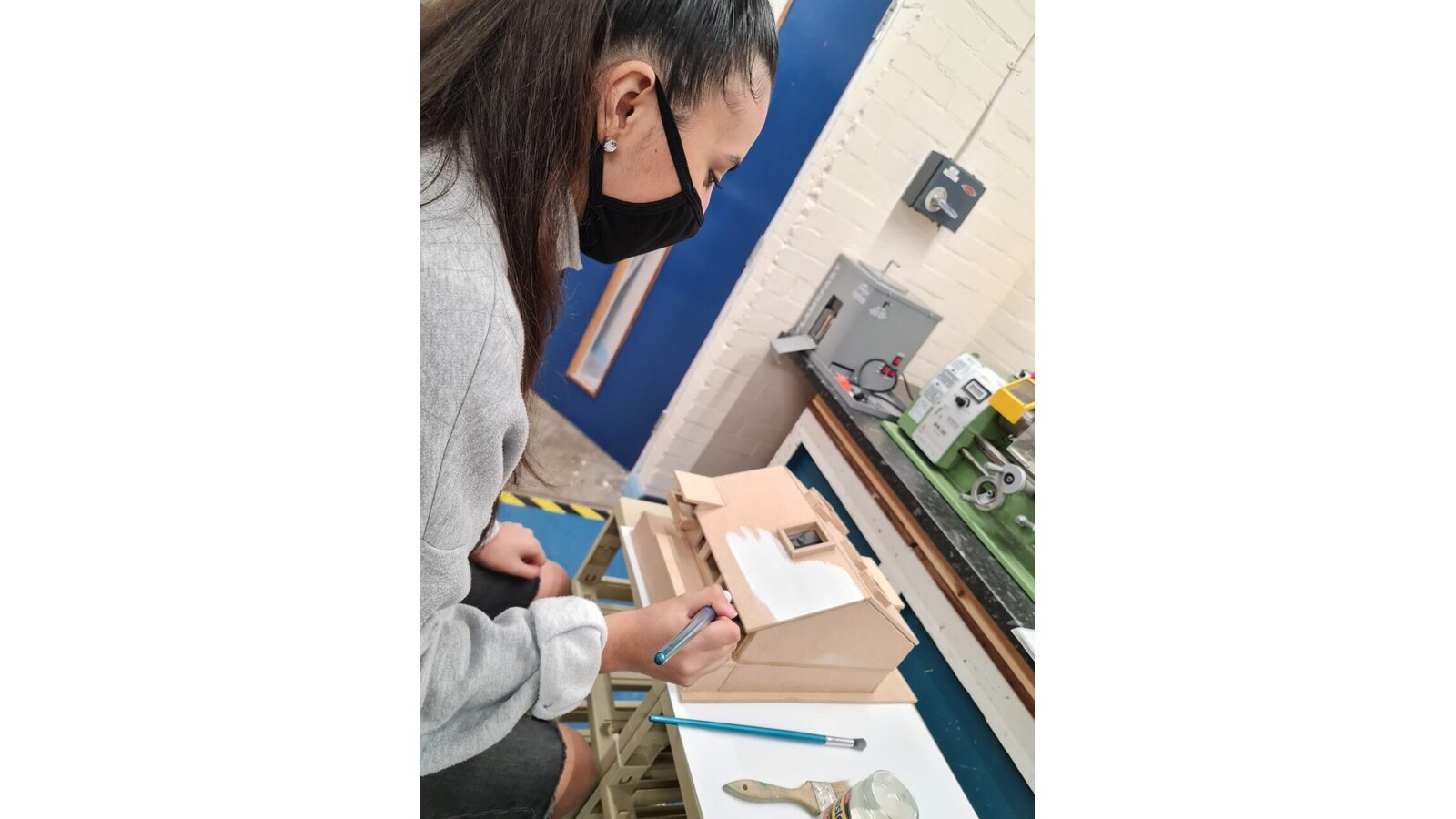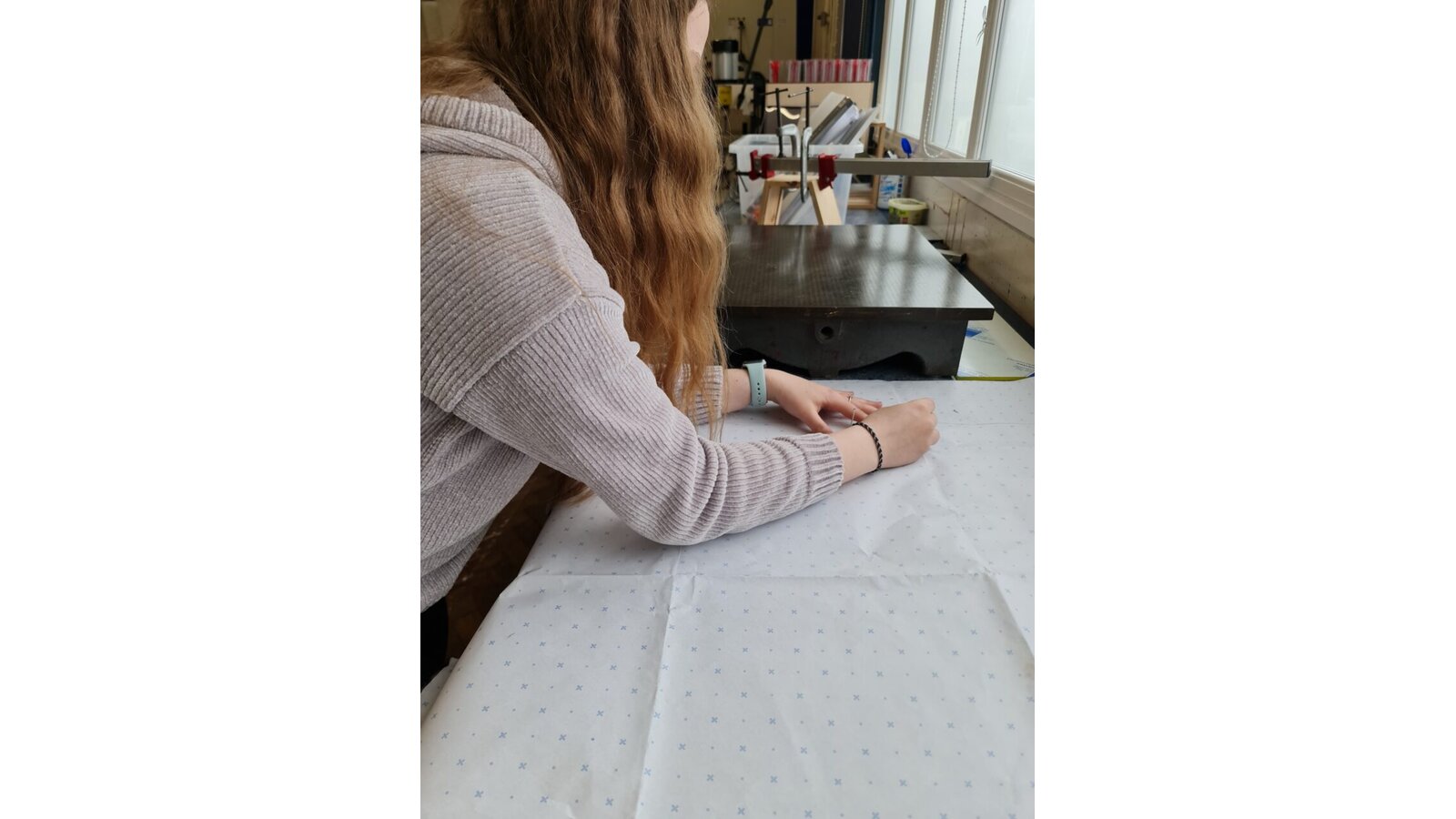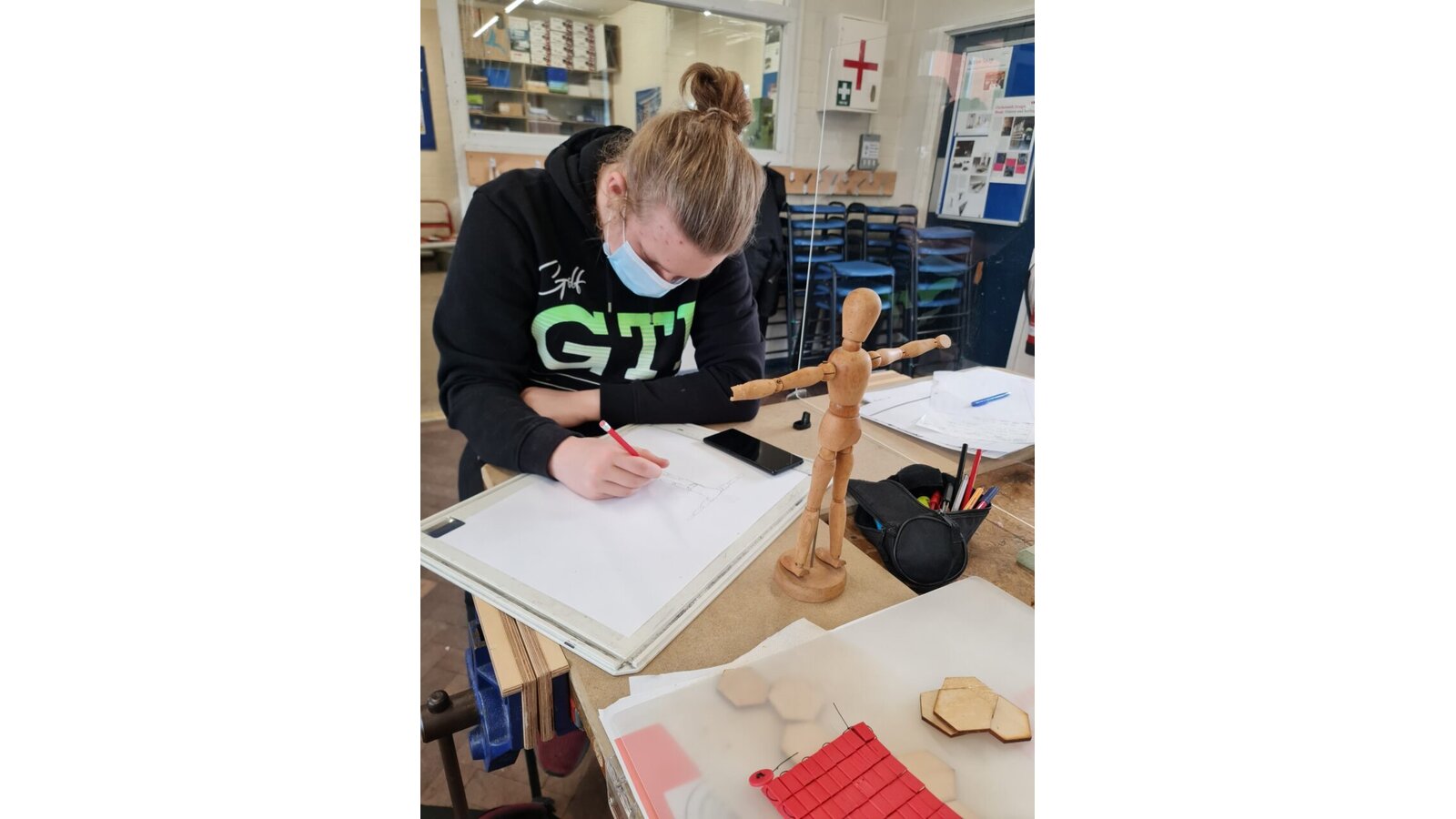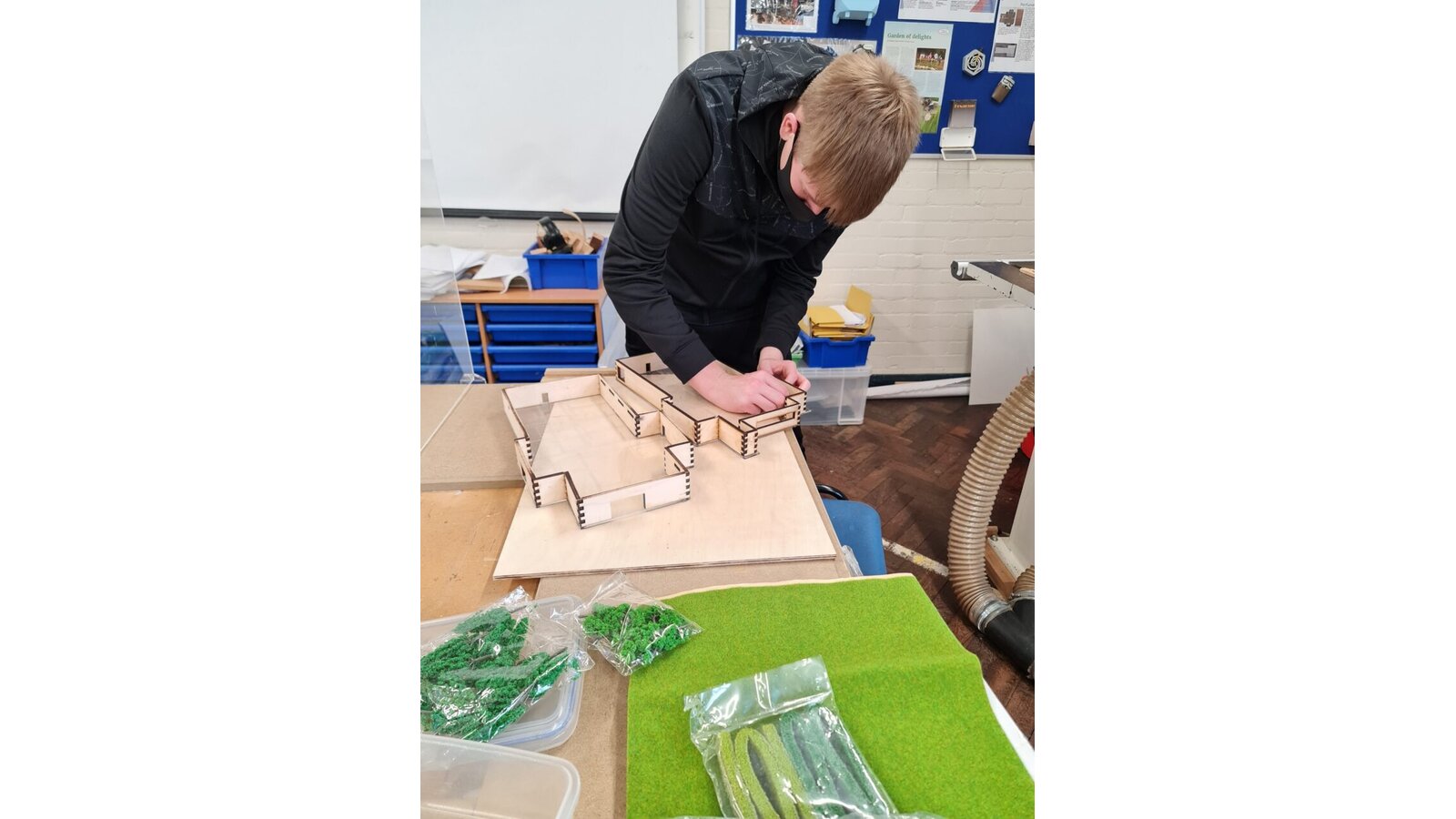Design technology is one of the most varied subject areas which draws together elements of your learning from other subjects and applies them in a useful, usable way.
Technology is fundamental to our lives - from the phones in our pockets to the houses we live in, from the transport that brings our food to the design of the fabrics we wear.
In technology, you will learn about many areas that will stimulate you academically as well as allowing you to gain practical useful skills for later life, whether or not you pursue a career in these areas.
During their year 7, 8 and 9 lessons, students will have the opportunity to explore the principles of design and technology. Alongside learning about the design process and how to produce design ideas, they will look at products and analyse them to gain an understanding of how and why they have been made that way, what materials have been used and the environmental impact of the design and technology.
Students will undertake a range of projects to learn about different materials and their properties, and use a range of tools and equipment to produce a product.
Design Technology – GCSE Product Design
Why study Product Design?
We live in exciting times! In the last 100 or so years, the technological advancement of the world’s cultures has advanced at a staggering rate, with design and technology as the key to this progression. If you have an inquiring mind, are interested in how things are designed and made, and think that there are better ways for products to be designed then D&T is for you.
Product design combines creative, practical and STEM skills into one exciting and interactive subject. On top of this, the creative design industry is one of the fastest growing employment sectors in the UK. The Product Design course is designed to prepare students for entry into the industry or further education by providing them with relevant skills and knowledge needed to succeed in the modern creative design market.
Topics include:
- Materials
- New and Emerging Technologies
- Mechanical and Electrical systems
- Past and present designers
- Design methods
- Manufacturing skills
- CAD/CAM
Assessment
- One piece of non-examination coursework (NEA), completed in year 11 worth 50% of the total mark.
- One exam at the end of year 11, worth 50%.
Which students do well at Product Design?
- ...those who have an interest in design
- ...those who are interested in producing practical outcomes
- ...those who are interested in how/why things are made
- ...those who are interested in past and present design
Who do I contact for more information?
Mrs L Hart (l.hart@poolehigh.poole.sch.uk)
Design Technology – BTEC Engineering
Why study Engineering?
The aims of this course are to introduce students to the exciting and fast-changing world of engineering. The course is designed to show students the many different areas of engineering and how they are used in the modern world. The students will learn how to design, build and test electronic circuits and also learn how to investigate engineered products and describe them in detail explaining why they are made that way and why the materials were chosen. Students will finish the course having learned about a wide variety of exciting new developments in engineering and how they are used in the real world.
As part of this course, students will produce an engineered product and will be trained in how to use equipment such as the lathe and milling machine. Students will learn how to manipulate materials using CAD/CAM and will use automated equipment such as 3D printers and laser cutters.
We have great partnerships with industry and our external partnerships will be working with students providing support to them. Students will have the opportunity of having work experience within an engineering company and apprentices will be visiting the school to share ideas with our students regarding their coursework.
An engineering qualification is one of the best ways to ensure employment in one of the areas where job opportunities are growing. The Telegraph recently reported that an engineering degree is one of the top qualifications most likely to secure future employment. With support from our partners and our expertise, we believe that we provide an excellent education for our 21st-century students.
Topics will include:
- Engineering Principles
- Delivery of Engineering Processes Safely as a Team
- Engineering Product Design and Manufacture
- Applied Commercial and Quality Principles in Engineering
- A Specialist Engineering Project
- Microcontroller Systems for Engineers
- Calculus to Solve Engineering Problems
Who can I contact for help?
Mrs L Hart (l.hart@poolehigh.poole.sch.uk)
A Level Product Design
The Design and Technology – Product Design A Level combines creative use of the iterative design process, practical workshop skills, CAD/CAM development, plus theoretical knowledge of materials and material processing to develop knowledge and skills from the GCSE content.
Year 12
Students will study the theory of materials including woods, metals, polymers, textiles, composites, and smart and modern materials. Within these material areas, students will learn about the associated material processing methods, the physical, mechanical and material properties of each area, as well as how and why these materials are used for real-life products.
During the Autumn and Spring term, students will undertake a mock NEA project where they will design, develop and make a fully working prototype for a desk lamp themed around a design style of their choosing. Alongside the working lamp, students will produce an A3 design portfolio demonstrating outcomes from the various stages of the design process. In addition to the extended design and make project, students will develop making skills through iterative modelling incorporating ergnomics and design movements.
Year 13
Year two theory completes the theory syllabus started in year 12. Topics include sustainable design, social, moral, and ethical design factors, inclusive design, applied maths and physics, and advanced technical drawing.
Students will spend the end of year 12 and most of year 13 completing a single, self-identified “live” project. This project MUST be undertaken with a live client to liaise with and will entail the full design process. Students will have to identify a need or problem that their client has, analyse and research associated areas, then design and develop a suitable outcome, before manufacturing a working prototype. At all stages, the client is involved and consulted as to whether the proposed designs meet their specifications.
Assessment
The course is examined by a 2.5 hour exam worth 50% of the A Level plus a non-examined assessment also worth 50%
The examined content comprises:
- Materials
- Performance characteristics of materials
- Processes and techniques
- Digital technologies
- Factors influencing the development of products
- Effects of technological developments
- Potential hazards and risk assessment
- Features of manufacturing industries
- Designing for maintenance and the cleaner environment
- Current legislation
- Information handling, Modelling and forward planning
- Further processes and techniques.
The NEA:
- The investigation report is internally assessed and externally moderated.
- Students will produce a substantial design, make and evaluate project which consists of a portfolio and a prototype.
- The portfolio will contain approximately 40 sides of A3 paper (or electronic equivalent)
- There are four parts to the assessment:
- identifying and outlining possibilities for design identification and investigation of a design possibility, investigation of client/end-user needs, wants and values, research and production of a specification;
- designing a prototype design idea, developing the design idea, the final design solution, reviewing the development and final design, and communication of design ideas;
- making a final prototype design, manufacture and realisation of a final prototype, including tools and equipment and quality and accuracy;
- evaluating own design and prototype testing and evaluation.
Who can I contact for help?
Mrs L Hart - Head of Design and Technology (l.hart@poolehigh.poole.sch.uk)
Mr J Oxenham - Teacher of Product Design (j.oxenham@poolehigh.poole.sch.uk)
Mr W Storey - Teach or Product Design (w.storey@poolehigh.poole.sch.uk)
WJEC Level 1/2 Vocational Award in Engineering
Engineering covers a wide range of disciplines, everything from rockets to mobile phones and even hip replacements! Engineering is not just about fixing things it is about understanding how and why things work.
Engineers are involved in all aspects of designing, building and testing new technologies and products. Creativity and problem-solving are at the heart of every engineering industry. An engineer is a problem solver, who uses their knowledge to provide solutions to complex situations.
Engineers shape the world we live in; from the computers we use to the planes, trains, ships and cars we travel in. Engineering is a diverse field and one that is critical for the future.
On the WJEC course, you will study 2 units:
Unit 1: Manufacturing Engineering Products
During this unit, you will learn the basics of engineering manufacture, focusing on precision and accuracy. You will develop your skills at making with hand tools and learn the basics of two machine tools (lathe and mill).
Unit 2: Designing Engineering Products
During the second unit, you will learn to design engineered products based on specific needs. You will also learn to develop existing products so that can be made to be better or do a different job to that which they were originally designed for; most new products are a development of an existing product.
Assessment
Unit 1: Controlled assessment - Coursework: 40%
Unit 2: Controlled assessment - Coursework: 20%
Unit 3: External assessment – 1 hour 30 min exam: 40%
Who does well at Engineering?
- ...those who are interested in how things work
- ...those who enjoy spending time working on exacting practical work
- ...those who are interested in design and how it can improve the world for everyone
Mrs L Hart – Head of Design and Technology (l.hart@poolehigh.poole.sch.uk)
Mr J Oxenham – Head of Engineering(j.oxenham@poolehigh.poole.sch.uk)
Mr W Storey - Teacher of Engineering (w.storey@poolehigh.poole.sch.uk)
After School Clubs
After-school activity clubs are an important part of any student's day and we are proud to offer extensive opportunities to participate in extra-curricular activities while learning new skills.
The activities on offer will expose our students to new concepts and allow them to learn a wide variety of new skills. It goes without saying that extra-curricular activities are essential to a young person’s future and can really shape which path they choose. In addition to this, they will learn new skills, make new friends, develop their social skills, and most importantly, have fun!




























